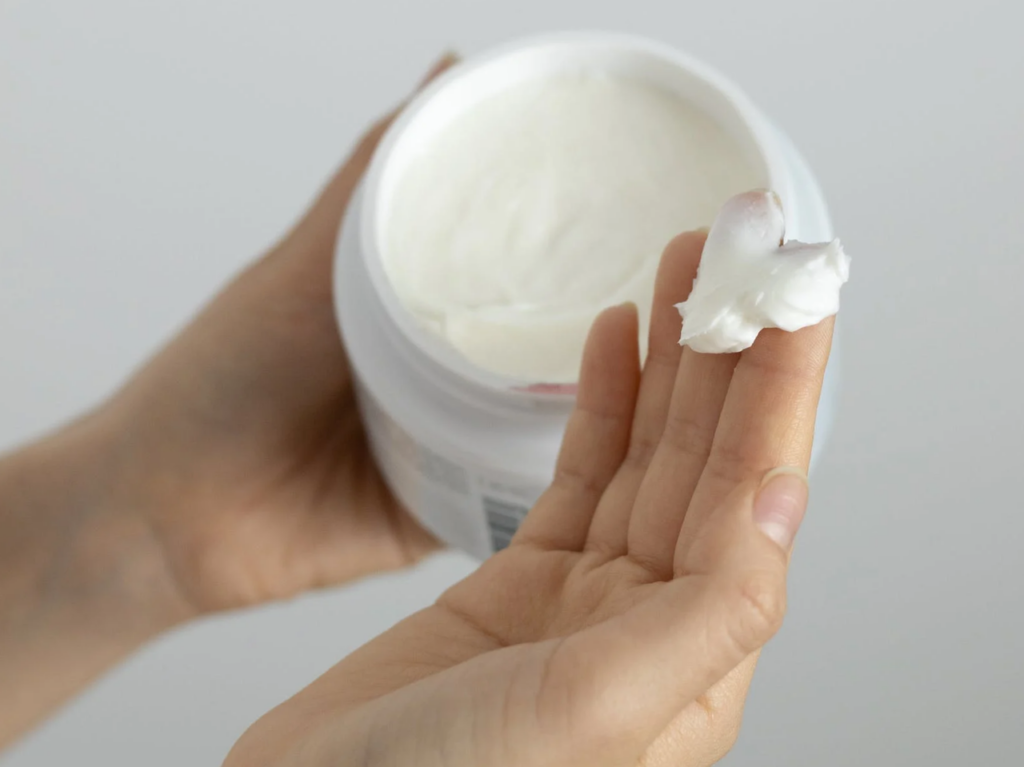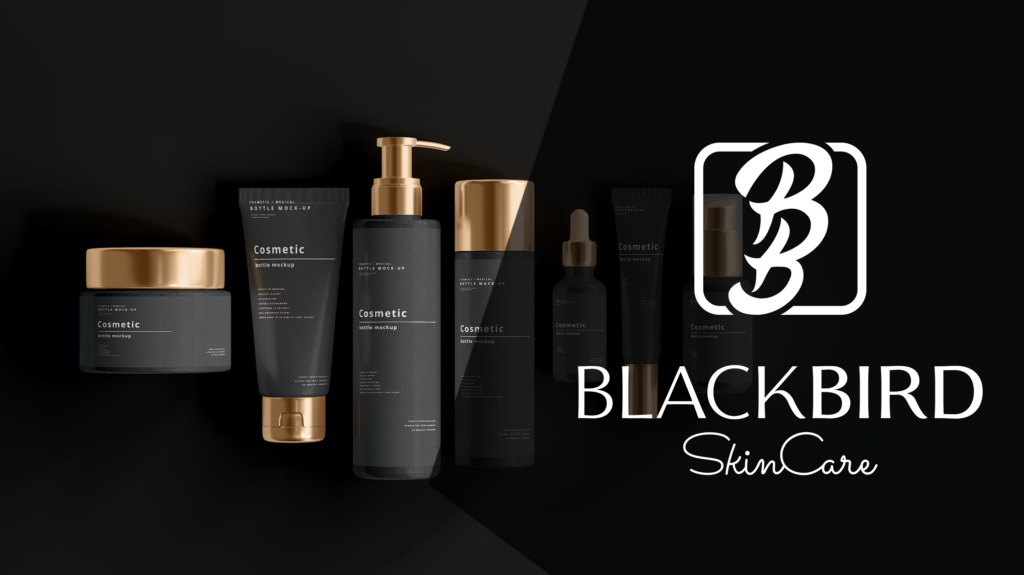Embarking on a journey into the world of skincare is an exciting venture, filled with possibilities and the promise of creating something truly unique. Whether you’re an entrepreneur planning to launch your own skincare brand, an established brand owner aiming to expand your product line, or a retailer looking to diversify your offerings with private label products, understanding the vast landscape of skincare options is crucial. This comprehensive guide, “16 Types of Private Label Skin Care Products,” is your gateway to unlocking the potential of the skincare market.
In “16 Types of Private Label Skin Care Products,” we delve into each product category with detail and expertise, offering you the knowledge to make strategic choices for your brand. From facial serums to body lotions, and from innovative skincare tools to eco-friendly options, we cover the full spectrum of skincare possibilities.
16 Types of Private Label Skin Care Products

Facial Cleansers
Facial cleansers, available as gels, foams, and oils, are essential for removing dirt, oil, and makeup. Gel cleansers, often containing salicylic acid, are ideal for oily or acne-prone skin, while cream-based cleansers with hydrating ingredients like glycerin suit dry skin. Oil cleansers are effective in removing heavy makeup and are infused with nourishing oils like jojoba or almond oil. The market is increasingly demanding cleansers with organic or natural ingredients, appealing to eco-conscious consumers.
Facial Toners
Facial Tonics, an evolution of traditional toners, serve to balance skin pH and refine pores, often with additional benefits like hydration or mild exfoliation. Ingredients like rose water and glycerin provide gentle hydration suitable for sensitive skin, while formulas with AHAs or BHAs offer mild exfoliation ideal for more resilient skin types. The demand for alcohol-free and botanical ingredient-based tonics is on the rise, especially among consumers seeking gentle yet effective skincare solutions.
Facial Masks
Facial masks, including varieties like clay, sheet, and peel-off, cater to diverse skin concerns such as hydration, detoxification, and anti-aging. Clay masks typically use ingredients like kaolin or bentonite for purifying pores, while sheet masks are soaked in serums with components like aloe vera or vitamin C for hydration and brightening. The market is seeing a surge in demand for masks made with natural and eco-friendly ingredients, with a particular interest in masks that offer instant visible results or specific treatments like overnight hydration or targeted anti-aging.
Facial Treatment Serums
These concentrated formulas target specific issues like aging, pigmentation, or dehydration. Anti-aging serums may contain retinol and peptides, brightening serums typically have vitamin C or kojic acid, and hydrating serums are rich in hyaluronic acid. The market trend is towards customizable serums, offering personalized skincare solutions to consumers.
Face Oils
Face oils are a luxurious segment of skincare, offering deep nourishment and a radiant complexion. Popular oils include lightweight, non-comedogenic options like jojoba oil, ideal for acne-prone skin, and richer formulations like rosehip oil, known for its anti-aging properties. Market trends are leaning towards organic, cold-pressed oils, with consumers increasingly interested in blends that address specific concerns like oil control, hydration, or even environmental protection with added antioxidants.
Facial Creams
Facial creams are a cornerstone in skincare routines, catering to a variety of skin needs from intense hydration to targeted treatment for specific concerns like aging or sensitivity. They come in various formulations to suit different skin types: lighter lotions for normal or oily skin, and richer creams for dry or mature skin. Key ingredients vary widely; for example, hyaluronic acid and glycerin are common for hydration, retinol and peptides for anti-aging, and niacinamide or green tea extract for sensitive or acne-prone skin. The market trends show a rising demand for facial creams with natural and organic ingredients, as well as those offering multi-functional benefits such as built-in sun protection or pollution defense. Additionally, there is a growing consumer interest in creams that address specific environmental concerns, like those with antioxidants to combat urban pollution or those formulated for extreme weather conditions, catering to a global and increasingly environmentally aware audience.

Body Wash
Body washes have evolved from mere cleansing agents to products offering various skincare benefits. Formulations range from moisturizing washes enriched with ingredients like shea butter or almond oil, ideal for dry skin, to refreshing versions with citrus extracts or menthol for a rejuvenating experience. The market is increasingly interested in eco-friendly body washes that use biodegradable ingredients and sustainable packaging, reflecting a broader consumer shift towards environmentally conscious choices in skincare.
Body Scrubs
These exfoliating products use salt, sugar, or coffee grounds to remove dead skin cells, combined with moisturizing oils for smoother, brighter skin. The growing trend is towards body scrubs with natural and biodegradable exfoliants, catering to environmentally conscious consumers.
Body Lotions and Creams
Designed to hydrate and nourish body skin, lotions are lighter for normal to slightly dry skin, while creams are thicker for dry or cracked skin. Ingredients like shea butter, cocoa butter, and essential oils are common, with some products including SPF. The market for eco-friendly and organic body lotions is expanding, alongside demand for products offering specific benefits like firming or aromatherapy.

Sun Protection Products
Protecting the skin from harmful UV rays, these products range in SPF levels and formats like creams, sprays, and gels. Broad-spectrum protection with UVA and UVB filters, using ingredients like zinc oxide and titanium dioxide, is key. The market is seeing a rise in sunscreens catering to specific needs, like water-resistant formulas or non-comedogenic options for acne-prone skin.
Acne Treatment Products
Specifically formulated for acne-prone skin, these treatments, including spot treatments, masks, or cleansers, use ingredients like salicylic acid, benzoyl peroxide, and tea tree oil to reduce inflammation and prevent breakouts. The demand is for acne treatments that are effective yet gentle, especially for sensitive skin types.
Skin Brightening Products
Aimed at reducing pigmentation and evening out skin tone, these products often contain vitamin C, niacinamide, and licorice root extract to inhibit melanin production. The market is interested in brightening products with natural ingredients and those targeting age spots or sun damage.
Essential Oils
These highly concentrated plant extracts are used for various skin concerns. Popular oils include tea tree for acne, lavender for soothing, and rosehip for anti-aging. The market for pure, organic essential oils, and blends for specific skin concerns is on the rise.
Organic Moisturizers
Made with organic ingredients to hydrate and nourish the skin, these moisturizers are typically free from synthetic chemicals and use natural ingredients like aloe vera, coconut oil, and shea butter. There is a significant demand for skincare products that are certified organic and sustainably sourced.
Lip Care
Lip care products, encompassing balms, scrubs, and masks, are designed to address the unique needs of the delicate lip skin. Balms often incorporate hydrating elements like lanolin or beeswax, while scrubs use gentle exfoliants such as sugar granules. Overnight masks provide deep moisturization with ingredients like hyaluronic acid. The market is seeing growing interest in multifunctional lip care products, such as tinted balms or those with SPF, offering both care and aesthetic appeal.
Eye Care Series
The eye care product range, including creams, gels, and serums, is formulated to tackle specific eye area concerns like dark circles, puffiness, and fine lines. Ingredients such as caffeine are popular for reducing puffiness, peptides and retinol for addressing fine lines, and hyaluronic acid for hydration. There’s a significant market demand for eye care products that provide immediate cosmetic benefits, like brightening or tightening effects, in addition to long-term skincare benefits.
Each category and product type is tailored to meet specific skincare needs, and understanding these nuances can provide valuable insights for businesses looking to venture into the private label skincare market. The ongoing trend towards natural and organic ingredients, along with products catering to specific skin concerns and types, indicates a diverse and evolving market with numerous opportunities.
Identifying Private Label Skincare Market Gaps and Opportunities
In the rapidly evolving skincare industry, identifying and capitalizing on emerging trends and niche markets is essential for growth and innovation. This section provides an in-depth analysis of current trends, uncovering unmet consumer needs and offering strategic approaches to address these gaps.
Emerging Skincare Trends and Niche Market Analysis
- Microbiome Skincare: A growing area of interest is the skin’s microbiome, with research highlighting its role in skin health. Products that balance and enhance the skin’s natural flora, like prebiotic and probiotic skincare, are gaining popularity. This niche market caters to consumers interested in science-based, health-focused skincare.
- Blue Light Protection: With increased screen time, there’s rising concern about the impact of blue light on skin health. Skincare products offering protection against blue light, including specialized creams and serums, are a growing niche. This market is ripe for brands that can effectively communicate and deliver on the promise of digital-age skincare solutions.
- Skincare Devices and Tools: The rise of at-home skincare devices like LED light therapy masks, ultrasonic skin cleansers, and microcurrent facial tools represents a significant market opportunity. Brands that can integrate these tools with their product lines or develop complementary products stand to gain a competitive edge.
- Plant-Based and Vegan Skincare: Reflecting broader lifestyle choices, there’s a surge in demand for plant-based and vegan skincare products. This market extends beyond just the ingredients and includes cruelty-free testing and ethical sourcing practices, appealing to environmentally and ethically conscious consumers.
- Skincare for Specific Life Stages: Addressing skin concerns at different life stages – from adolescent acne to menopausal skin changes – is a largely untapped market. Products formulated for these specific life stages, backed by research and targeted marketing, can meet this growing demand.
Strategies for Addressing Unmet Skincare Needs
- Leverage Data Analytics: Utilize advanced data analytics to identify consumer behavior patterns and preferences. Analyzing social media trends, search engine data, and consumer feedback can provide insights into emerging skincare needs.
- Innovative Formulations and Ingredients: Continuously explore and invest in innovative formulations and novel ingredients. This includes harnessing the potential of lesser-known natural ingredients, exploring biotechnology in skincare, or developing patented technologies.
- Educational Marketing: Educate consumers about the benefits and science behind your products. Utilizing content marketing, such as blogs, videos, and webinars, can help demystify complex products and build trust with your audience.
- Build a Community-Centric Brand: Engage with consumers through online communities, social media platforms, and forums. Creating a space for dialogue and feedback can provide valuable insights into consumer needs and build a loyal customer base.
- Agile Product Development: Maintain an agile approach to product development and marketing. Being able to quickly respond to emerging trends, whether it’s developing a new product line or adapting marketing strategies, is crucial in a fast-paced industry.
- Collaboration and Partnerships: Collaborate with other brands, influencers, or experts in the field to co-create products or engage in cross-promotional activities. This can open up new market segments and bring fresh perspectives to product development.
By deeply understanding these emerging trends and strategically positioning to address unmet consumer needs, skincare brands can not only capitalize on current market gaps but also set new industry standards and lead innovation in skincare.
As we conclude this exploration into the world of private label skincare, it’s clear that the opportunities for innovation and market responsiveness are vast and varied. The range of products we’ve delved into, from the essential facial cleansers and moisturizers to specialized items like microbiome-supporting serums and blue light-protecting creams, illustrates the diverse landscape of skincare. Each category not only caters to a specific skin concern but also opens doors to niche markets ripe for exploration.
As Blackbird Skincare, we invite you to join us in this ever-evolving journey. Let’s embrace the diverse needs of our consumers, create products that resonate with their lifestyles and values, and lead the way in innovation. Together, we can redefine skincare, blending science, nature, and art to craft products that not only care for the skin but also tell a story – your brand’s story.

